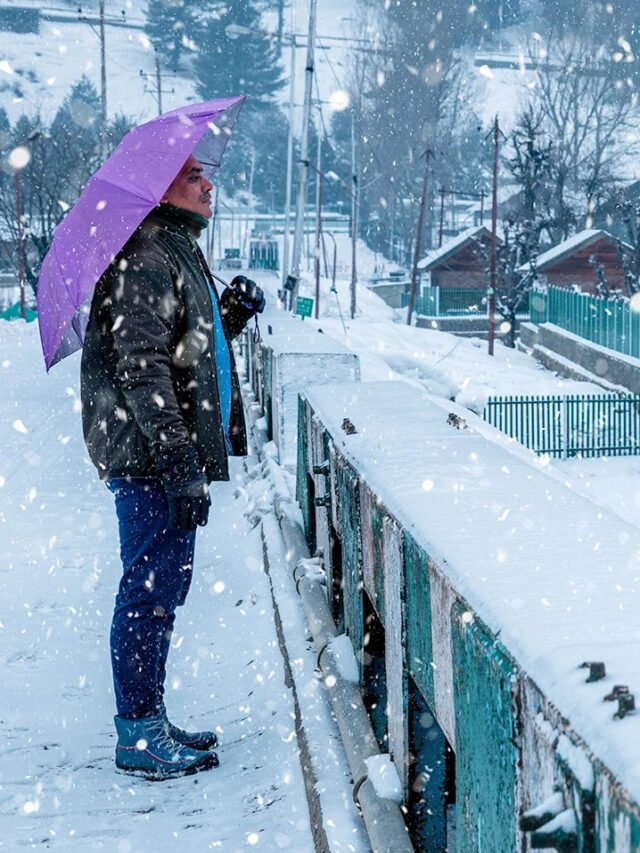The Supreme Court of India has taken a significant step towards addressing a longstanding issue that has plagued the medical community for years—ensuring the safety of doctors. In response to the horrific rape and murder of a postgraduate trainee doctor at R G Kar Medical College in Kolkata, the apex court has constituted a National Task Force (NTF) to tackle the broader systemic issue of violence against medical professionals in the country. The formation of this task force, which includes eminent medical professionals such as Surgeon Vice Admiral RK Sarian and Dr. Reddy of the Asian Institute of National Gastrology, is a crucial development.
The Supreme Court’s directive to the NTF is twofold: preventing violence against medical professionals and establishing a national protocol for safe and dignified working conditions. This is a welcome move, as it acknowledges the multifaceted challenges faced by doctors—especially women—who often endure long hours under physically and emotionally taxing conditions. The court’s emphasis on enforcing the Prevention of Sexual Harassment (POSH) Act in all healthcare facilities is a critical step towards safeguarding the rights and dignity of female medical professionals. However, the court’s intervention goes beyond mere policy formulation. The bench, led by Chief Justice DY Chandrachud, has called for tangible improvements in hospital infrastructure, the employment of trained social welfare workers, and the introduction of workshops on handling grief and crisis. These measures aim to address the root causes of violence against doctors, which are often exacerbated by the stressful environments in which they work. The task force has been given a tight timeline, with an interim report due in three weeks and a final report within three months. This urgency reflects the gravity of the situation, as doctors across the country have expressed their frustration and fear through strikes that have disrupted healthcare services.
The Supreme Court has also rightly questioned the conduct of the West Bengal government in handling the case, particularly the delay in registering the FIR and the apparent tampering with the crime scene. The vandalism at RG Kar Medical College, involving a mob of 7,000 people, has raised serious questions about the state’s ability to maintain law and order. The court’s decision to seek reports from both the CBI and the West Bengal government by August 22 underscores its commitment to ensuring that justice is served. While the court’s intervention is commendable, it is crucial that the recommendations of the NTF are not only implemented but also sustained over the long term. The safety of medical professionals should not be a matter of temporary concern; it must become an integral part of the healthcare system in India. The challenges are immense, but the Supreme Court’s proactive stance offers hope that meaningful change is on the horizon. As we await the next hearing on August 22, the nation must stand in solidarity with its doctors. Their safety is not just a professional requirement—it is a moral imperative. The horrifying incident at RG Kar Medical College should serve as a wake-up call for all stakeholders to work towards a healthcare environment where doctors can perform their duties without fear of violence or harassment. The Supreme Court’s actions have set the stage; now it is up to the government and society to follow through.










